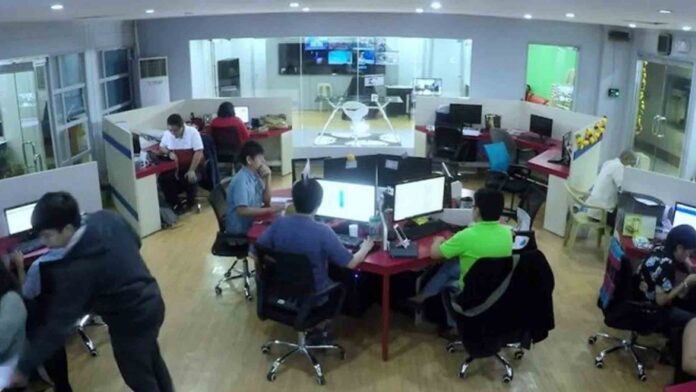A recent study done by a health maintenance organization (HMO) showed that most Filipino employees want to get inoculated against coronavirus disease 2019 (Covid-19).
Only 7.6 percent of the 2021 PhilCare Wellness Index’s 1,500 respondents from across the country said they did not want to be vaccinated. Results of the study were presented virtually on Tuesday by lead researcher, Fernando Pargas, a University of the Philippines-Diliman professor.
More than half (64.5 percent) of the respondents are from the private sector, 10.4 percent from the government. The 25.1 percent is composed of those who work for their own business; self-employed; and those working in a household. Respondents are from the services, industrial and agricultural sectors.
Pargas said that majority (82 percent) of them are confident of the Covid-19 vaccinations and trust the vaccines’ efficacy and safety.
Further, about four out of five respondents also trust the health services that administer the vaccines and are confident that vaccines could end the pandemic.
Almost half (49.1 percent) are not yet inoculated, but 34.7 percent of the respondents expressed willingness to get a shot. At least 14.4 percent of them already have their vaccination schedule when the survey was done from September 4 to 20.
Former Health chief Enrique Ona commented that the problem is not vaccine hesitancy, but the lack of vaccines. During the presentation, he suggested that the government must allot more funds for the vaccines and the capacity to produce one.
“(The government) needs to invest and have the fund so the country would have the capacity to produce vaccines,” Ona remarked. He also commented that when it comes to health care, the public should not depend solely on the government.
Pargas said about 87.2 percent of the respondents agreed that their workplace is adapting well to the pandemic, having a clear strategy to respond to its economic impact. Many (86.7 percent) of the respondents said a good system is in place to ensure their safety. Also, a majority (85.3 percent) of the respondents said their workplace has a program that promotes their health and wellness.
With this, Ona noted that employers who are spending for the welfare of their employees are actually investing. “Any expense of employers for the (health and wellness) of employees is not an expense, but an investment for the good of the company,” he said.
Meanwhile, Pargas emphasized that many of their respondents “strongly agree” about their right to get vaccinated, and many are also seeking information about the vaccines.
Ona, who chaired the study, said providing the public the right information would also prevent them from self-medication. “Give them the right information. At the same time, make them aware of what is wrong information,” he noted.
The study, according to Pargas, aimed to get a bigger picture of how workers have adjusted after more than year of the pandemic, and how the “new normal” affects their health and wellness. (PNA)






